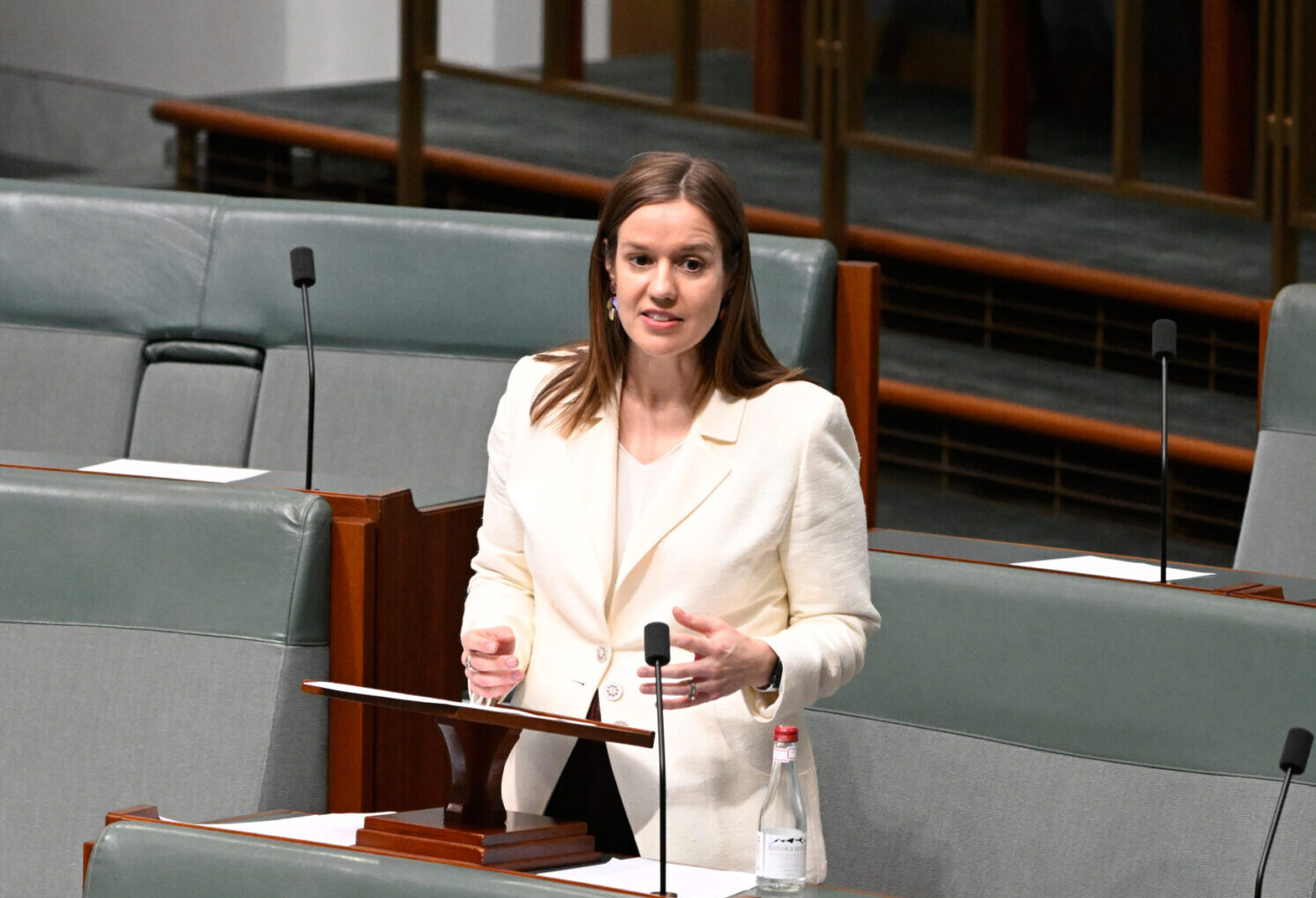I am very pleased to have the opportunity to speak on this important motion tonight moved by the Deputy Speaker, the member for Newcastle. As her motion acknowledges, there is so much work we still need to do to end violence against women and children in this country. Our government has been very clear that we are committed to ending violence against women and children within a generation. It’s not work we can get done overnight, but it is work that we are putting every available lever and tool towards. It is so important that, as we note this motion and as we note this time, we actually look at the facts of what is happening in our country.
As of last week, 53 women in Australia have been killed by acts of violence. That’s 53 women who have lost their lives and 53 families, parents, children, other family and friends who now go on without that loved one. One in three Australian women have experienced physical violence perpetrated by a man since the age of 15. We know that violence affects women from every age group, from every cultural background and from every corner of this country—women with different jobs, levels of education and income. So it is essential that we get on and we do the work.
Since coming to office, our government has not wasted a moment in taking immediate and practical steps to prevent violence against women. We have invested a record $2.3 billion in this area to implement the ten-year National Plan to End Violence against Women and Children, as well as other women’s safety initiatives. We have legislated ten days of paid family and domestic violence leave for all employees, including casuals. This is a well overdue reform that organisations and advocates have been calling on for some time. It’s a reform that recognises that violence effects women, as I said earlier, across all levels of education and income and across all types of work. That is why it is so important that these ten days of leave are universal.
As part of the national plan, our government has also developed an Aboriginal and Torres Strait Islander action plan that reflects the need for targeted action for First Nations women and children, who are disproportionately impacted by family and domestic violence. We know that concrete action is needed. We know that this work is best led by Aboriginal and Torres Strait Islander women, who understand what is happening in their communities and who can best advocate for ways through this really, really difficult problem. The first step to reducing the rates of violence is to fully understand the scope of the problem, and we have invested $15 million for First Nations led research that’s collecting data and evidence to ensure funding is delivered where it’s needed most.
The government has also funded a three-year trial to explore the best ways to counteract the harmful impacts of social media messaging that targets young men and boys and instead ensure that young men learn how to have healthy, respectful relationships. This will be delivered both face to face, including through sessions at sporting clubs and other organisations, and through online engagement. I know that this is such a concern for many people, particularly people with both young girls and young boys, who see this playing out in their own households and their own lives. Other changes our government has made include reducing the time it takes for victims-survivors to access the escaping violence payment—the payment that allows them to feel like they can leave a dangerous situation—and securing funding for states and territories to deliver frontline services.
This Saturday marked the International Day for the Elimination of Violence against Women and the start of 16 Days of Activism against Gender-Based Violence. The day before, on Friday, local organisations from my community participated in Respect Victoria’s Walk against Family Violence, joining with people across the state to stand together against violence, including my local state colleague Vicki Ward MP, the Victorian Minister for Prevention of Family Violence. I recognise the year-round work, at all times of the day, from so many support services—all those who work in the family, domestic and sexual violence sector, including the services and workers in my community. Just across the road from my electorate office in Heidelberg is the Orange Door. It’s one of those services doing vital work to support victims-survivors and their families and doing critical work on the prevention of violence as well.
Violence against women and children is a national tragedy. There can be absolutely no complacency in our approach to this problem. Our government is using all the levers available to it to tackle this problem. It will take time, but we are getting on with trying to tackle this entrenched problem in our community to say that enough is enough. We will not stand for women and children being harmed at the rates we currently see.’
